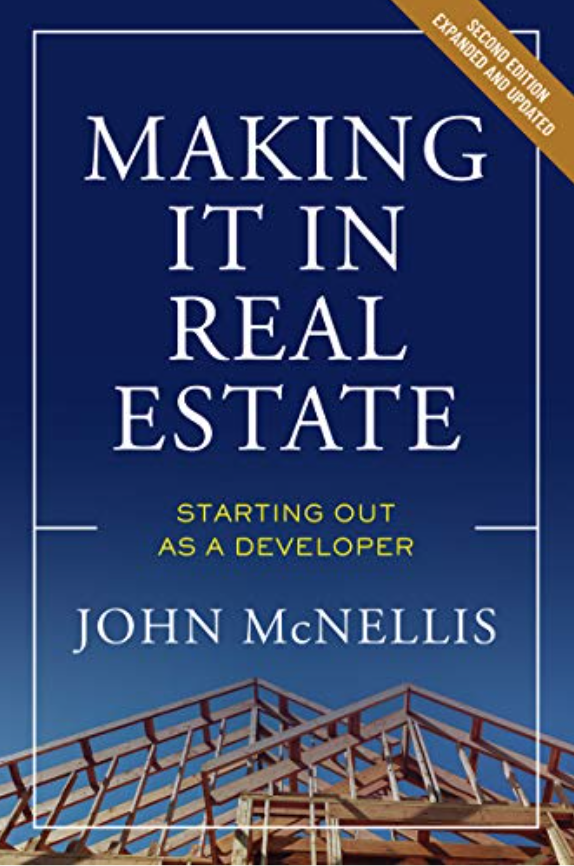In this month’s McCutcheon case, a compassionate Supreme Court restored the civil rights of the wealthiest 1,000 political donors in America, namely their First Amendment right to buy elections. In a split decision, the 5 republican-appointed justices sided with the conservative appellant (and the Republican National Committee) and tossed out a $123,200 campaign contribution limitation, thereby enabling the country’s richest donors to rent even more politicians in their mission to ensure that the government aids no one but themselves. The cost, namely that the rest of us will be even further tyrannized by the political whims of the uber-rich was, in the majority’s view, more than offset by the need to protect their freedom of speech.
In fairness, the democrats will doubtless raise nearly as much money as a result of McCutcheon as the republicans. And as with most issues, neither right nor left has an ant hill’s worth of moral high ground on campaign abuse reform.
On the same day McCutcheon was handed down, our last tenant opened in a development in Palo Alto for which we began seeking public approvals seventeen years ago. Yes, start-to-finish this project took seventeen years. Sadly, it could have taken just three and opened fourteen years ago but for the demands of another tyrannical minority. In Palo Alto, as with so many highly desirable cities across the country, the merest handful of citizens can block, delay and occasionally kill even the best of projects.
Putting aside the fortune the city lost in property taxes while the property lay fallow, Palo Alto would, but for this handful of citizens, have had much needed market-rate and affordable housing years sooner. (As part of the project, we gave 14 apartments to a non-profit corporation to rent out for 59 years as super low-income units).
How can less than a tenth of one per cent of a town’s population wield so much power? Easy. One need only combine the majority’s apathy, the opponents’ zealotry and the city officials’ fear of losing their jobs with two facts, the first curious, the second mercantile.
The curious fact is this: every neighbor who has ever spoken at a public hearing anywhere in America is convinced that he knows not only as much but more about development than the project’s design professionals. Just as half the fans at a game are certain their coach is a dope and that they should be calling the plays, even someone dropping by city hall to pay a parking ticket knows more than the dim-witted developer. Not to mention the city’s under-appreciated planning staff. Would such a neighbor speak with the same authoritative hubris about a city’s financial investments or its aging infrastructure or even its trash service? No. Curiously, only sports and real estate require no training to become expert commentators.
If a self-appointed expert brays and no one listens, is he still as obnoxious? This philosophical question brings us to our obvious mercantile point: newspapers exist to make money. The headline, “Project Clears Next Hurdle” will have a reader flipping open the recycling bin. But “Embattled Developer Faces Rabid Opposition” gets readers to the ads on page 42.
If a paper were to report that a project’s only opponents were the village idlers who, for want of a more productive hobby, oppose every single project brought forth in a city, the paper would not only lose money, but the poor city officials might feel so emboldened as to approve projects in a timely manner.
Money being money, this is never the case. Rather than ignore the loudly ignorant, the newspapers accord them—at a minimum—equal status with that of the experts. Thus, in the article reporting a hearing, a parent’s instinctual fear of traffic will neatly offset a highly-researched traffic study.
And so it came to pass with our project: apathy, zealotry, fear, curiosity and money combined to have us gasping in the public spin ’n’ tumble for at least a dozen years too many.
Oversimplifying the facts, Palo Alto’s tyrants demanded that a supermarket be rebuilt on the ashes of a broken-down shopping center that the city’s own independent consultants had concluded was a far better location for residential than retail. In fact, two supermarkets had failed at this location before we purchased it. We proposed a residential project because of the site’s retail drawbacks, but since fighting city hall works better in the movies than real life, we ultimately agreed to build the market.
To no one’s surprise, the first supermarket we installed in our brand-new project failed miserably, closing within six months and never paying us a dime of rent. However, because we’re developers—and hence by definition, wild-eyed optimists—we have great hopes for our second grocery store. This new market is part of a very well-run company that offers its customers such terrific deals that we are certain shoppers will flock to our project despite its retail shortcomings.
What does a handful of self-appointed development police in Palo Alto have in common with the richest 1,000 political donors in America? Again, easy. Their power derives from the vacuum created by the apathy of the majority. Edmund Burke said it best, “All that is necessary for the triumph of evil is that good men do nothing.”


